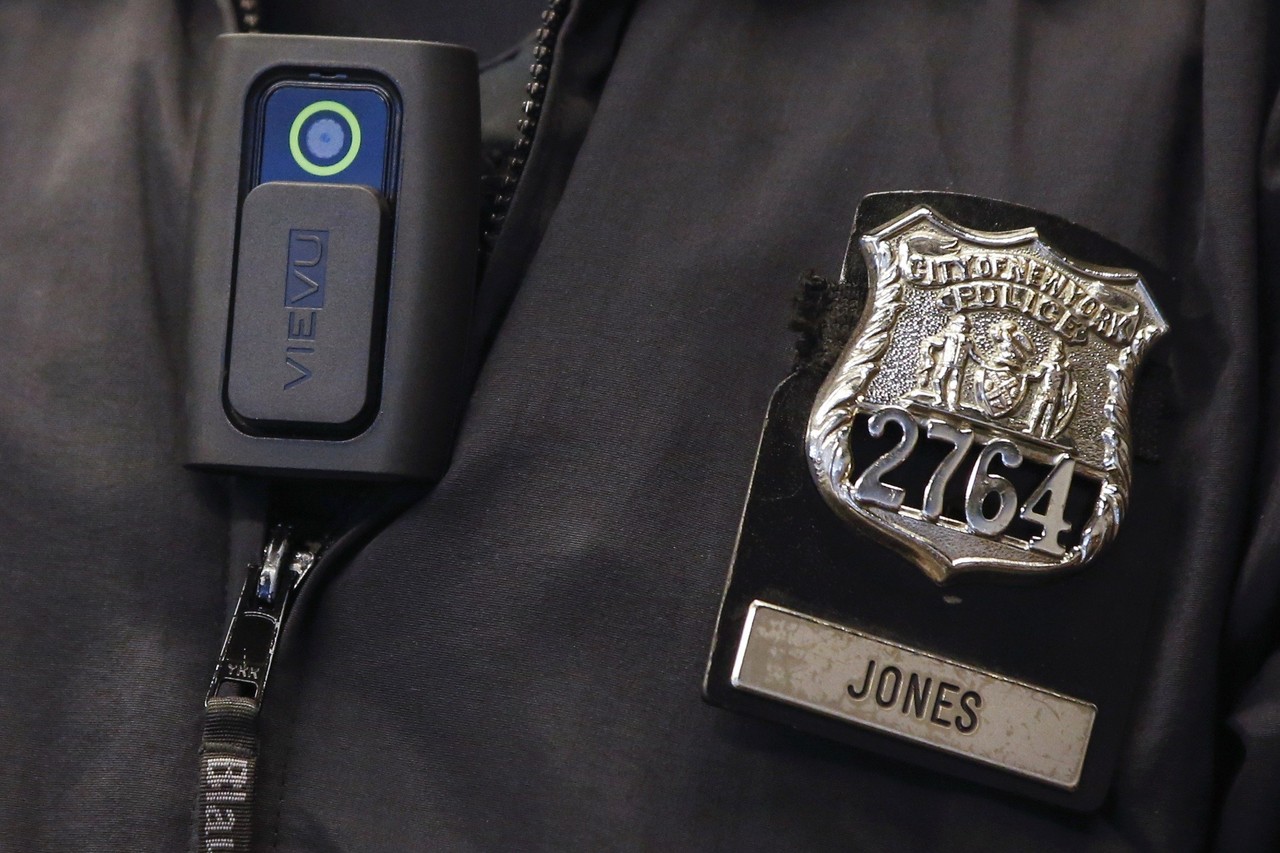

Following tragedies like the police shooting in Ferguson, Mo., law-enforcement agencies across the U.S. are adopting body cameras. And in a twist that was perhaps inevitable, private-sector service workers from security guards and repo men to electricians and real-estate agents are embracing them too.
In interviews with makers of these wearable cameras, as well as those using them, I found something at once hopeful and a tad disturbing: Anyone whose situation might later spark legal claims should at least think about wearing a body camera.
These devices can serve as an independent witness, and they have been shown, at least anecdotally, to aid in quickly resolving claims. Or to put it another way: One solution to this country’s notorious litigiousness could be universal personal surveillance.
Of course, people who sell these cameras don’t like the word surveillance. It suggests dystopias, unsavory power relationships and the “surveillance state.” But after hearing stories of lawsuits averted and tense situations de-escalated, I’ve come to the conclusion that a society in which we routinely expect to be filmed by the people with whom we interact could be a better one.
Take, for example, repo man Chris Kneib of North West Repossession in Missoula, Mont. Mr. Kneib has been wearing a police-grade body camera made by Vievu for the past four years.
His job is simple: Locate a vehicle that a bank wants to repossess, and load it onto his truck, preferably at night, hopefully without ever waking the owner. Every step of this process is fraught with potential liability, however, and even physical danger.
Mr. Kneib can be sued for damaging a vehicle, causing others emotional distress or “breach of peace.” People also can file claims against him with the federal Consumer Financial Protection Bureau. People who are having their vehicles repossessed are often angry, and may resort to the courts or the CFPB when they feel they have been wronged.
People have brandished rifles at Mr. Kneib, screamed into his camera, which he turns on the moment he arrives on the scene, and sued him on several occasions. Yet Mr. Kneib says his insurer has never had to pay a claim against him, something he attributes in part to his body camera.
via Keywords: Body Cameras for All: One Way to Avert Lawsuits – WSJ.